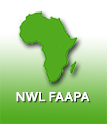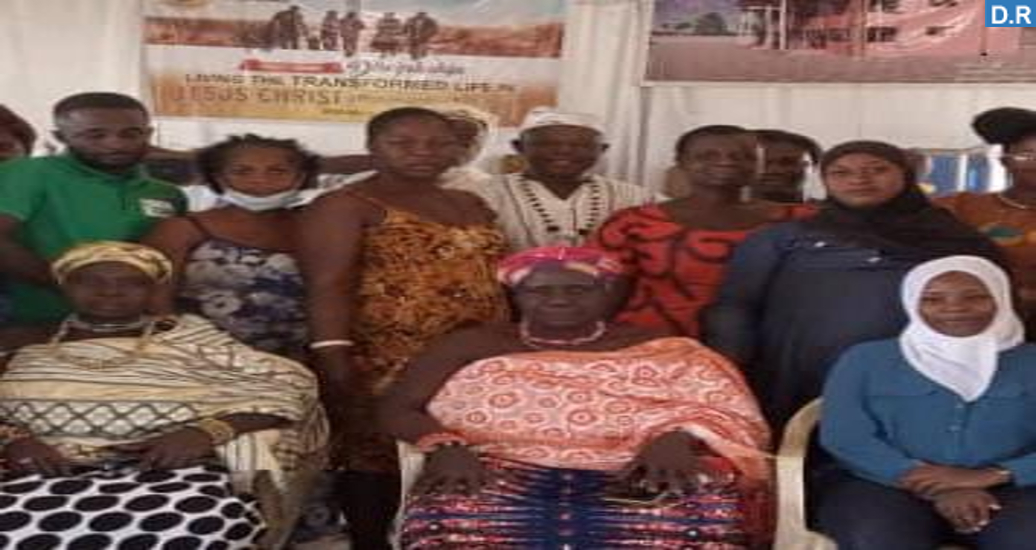Jema (BE/R), Feb. 24, GNA – The Centre for Migration and Africa Development (CEMAD), a non-governmental organisation has inaugurated a ‘Women Caucus for Responsive and Inclusive Governance’ (WOCA4RIG) in the Kintampo South District of the Bono East Region.
WOCA4RIG was in line with Plan International Ghana and Global Affairs Canada sponsored Women’s Voice and Leadership (WVL) project being implemented in the district.
The project aimed at bringing together and empowering vulnerable women groups and associations to demand accountability from duty-bearers, to deepen decentralization and local governance.
Speaking at the ceremony held at Jema, the district capital, Mr Isaac Kwabena Appiah, the Project Coordinator of CEMAD said the six-month project would further empower and push vulnerable women to seek their interest in decision- making processes in the district, for the general well-being of the populace.
“There are several women groups in the district and each of the groups seek the interest of only group members at the expense of all women”, he said.
Mr Appiah expressed appreciation to Plan Ghana and Global Affairs Canada for supporting the implementation of a similar project in the district in 2021, saying that the project empowered market women to actively engage in the Assembly’s fee fixing resolutions.
“Through that project a Memorandum of Understanding was signed between the District Assembly and the market women for the former to actively engage the latter, in all fee fixing resolutions in the district”, he said.
Mr Appiah said women could become active change agents when they appreciated and played their respective roles as women, and called on women to develop interest and contribute to decision-making processes at the local levels.
Nana Ama Amobeah, a Member of the Jema Traditional Council expressed concern about the poor water supply system in the District.
She appealed to the District Assembly to provide the people with potable drinking water, as well as improve sanitation in the area to prevent the outbreak of water-borne and communicable diseases.
“The District Assembly must also make the decision-making process more participatory by engaging women groups to push a more responsive and inclusive governance for development”, she said.


